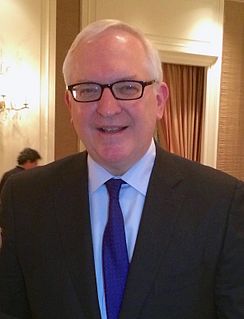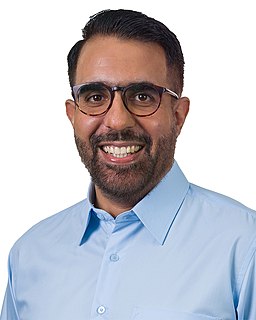A Quote by Robert Reich
As income from work has become more concentrated in America, the super rich have invested in businesses, real estate, art, and other assets. The income from these assets is now concentrating even faster than income from work.
Related Quotes
Over the period from 1988 to 2005, the income share of the top five percent has grown by about 3.5 percent of global household income, and the shares of all the other groups have diminished. The greatest relative reduction was in the bottom quarter, which lost about one third of its share of global household income, declining from 1.155 to 0.775 percent, and now is even more marginalized.
I agree that income disparity is the great issue of our time. It is even broader and more difficult than the civil rights issues of the 1960s. The '99 percent' is not just a slogan. The disparity in income has left the middle class with lowered, not rising, income, and the poor unable to reach the middle class.
If you're a full-time manager of your own property - and full-time, according to Congress, is 15 hours a week - you can take unlimited depreciation and use it to offset your income from other areas and pay little in tax. One of the biggest real estate tax lawyers in New York said to me, if you're a major real estate family and you're paying income taxes, you should sue your tax lawyer for malpractice.
When you can identify a specific tax that people don't like, and this is one that was designed for the Rockefellers, for the Carnegies in 1916, to fund World War I, but now it's beginning to hit small business people, real estate holders, a lot of people well down the income scale who just spent a life building assets. Suddenly they get hit with a 40%, 50% tax rate.


































